What must be wrong with the photo you see nearby? Was that airplane damaged in some way resulting in it being sent to the scrap heap? Only Textron executives know for sure, but what I see appears to be a fairly worthy airplane about to be munched by heavy equipment.
Aero-News.Net Aero-News.Net broke this story after scoring some photos from Facebook, they report. That outfit is always fast with news and willing to tackle stories some others resist.
While I have sometimes been slighted for being a mostly-good-news guy, reporting the latest and greatest developments from light aviation, I cannot turn down a story as sad as this one, with regrets to those who prefer my generally cheery attitude.
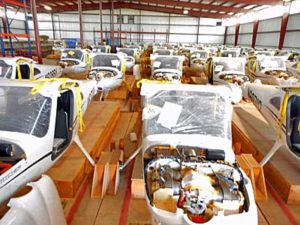
This warehouse appears to contain about 47 airplanes, by my count. Note the yellow Kevlar parachute straps hanging from many fuselages. Most appear to have engines.
What galls me is that in the photos I see — this is all the evidence that I have uncovered, thanks to the headstart from Aero-News.Net — it appears that beyond airframes, Cessna chose to scrap perfectly good, indeed brand new, engines, tires and who knows what else.
I should think those parts could have been salvaged in some way to be used on other aircraft. Perhaps the whole warehouse-full could have been given to charities, or as Aero-News.Net suggested, perhaps to the Civil Air Patrol, where the legal liability might have been contained.
Yet companies with billions at their disposal might not have been moved. The few million dollars that might have been received for parting out engines and more could have come back to bite Cessna and Textron if, for example, a single lawsuit found the company at fault for selling subpar components. As some legal eagle once said, “Your company may be one lawsuit away from being out of business.” At a public company like Textron, that risk may simply have not been an option on which they were willing to gamble.
Could all this have been avoided? I’m no lawyer but I have to believe some option might have been possible. For example, one company I know offered to buy all the remaining Skycatchers (original story from February 2014). Cessna execs were interested enough to listen. The group proposing the purchase said they thought they had a deal. It was not to be.In the end, for a giant like Textron, the matter came down to dollars and sense. Instead of disassembly, or using the parts to maintain the 275 or so Skycatchers still in operation, they chose to scrap the works, brand new engines and all.
Let’s have a moment of silence in respect of airplanes being scuttled… and then, let’s get back to enjoying the many dozens of fine Light-Sport Aircraft still on the market. Indeed, many LSA available are superior to Skycatcher anyway.
See many of these and more at the upcoming 13th annual Sebring Sport Aviation Expo scheduled for January 25, 28, 2017. All y’all come on down!


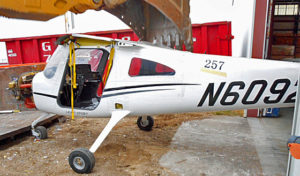
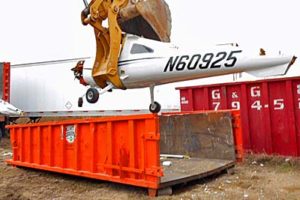
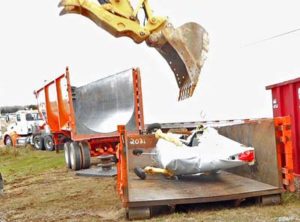
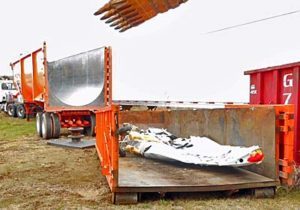
Leave a Reply